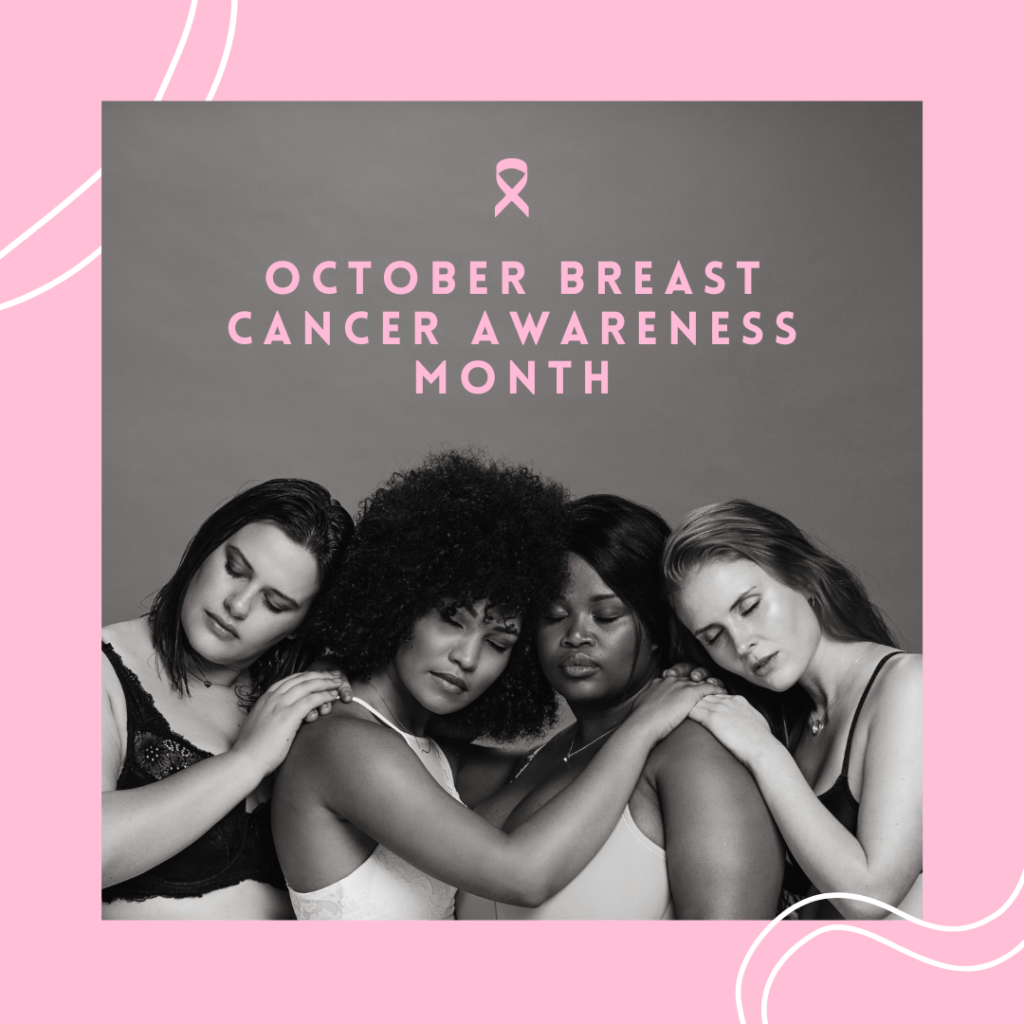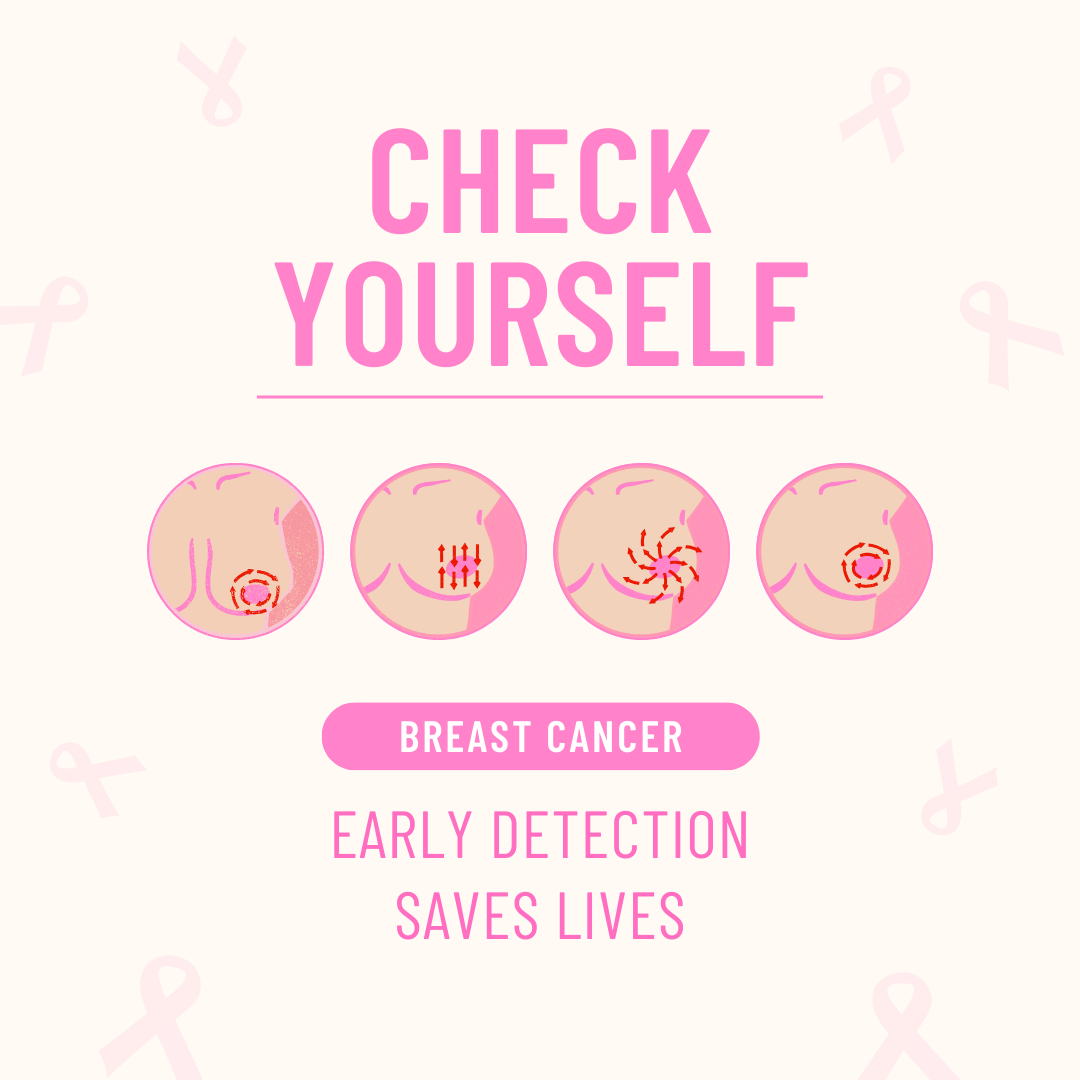Breast cancer is a prevalent and potentially life-threatening condition that affects many women worldwide. Understanding the risk factors, symptoms, and preventive measures is crucial for early detection and effective management.
Risk Factors: Certain factors increase the likelihood of developing breast cancer. These include age, family history, genetic mutations (such as BRCA1 and BRCA2), hormonal factors, and previous breast cancer diagnoses. While some risk factors are beyond control, being aware of them allows women to adopt proactive health measures.
Symptoms to Watch Out For:
- Lump or Thickening: The most common sign of breast cancer is a lump or thickening in the breast tissue.
- Changes in Breast Size or Shape: Unexplained alterations in breast size or shape should be investigated.
- Changes in Skin Texture: Skin changes, such as redness, dimpling, or puckering, may indicate an underlying issue.
- Nipple Changes: Changes in nipple appearance, such as inversion or discharge, warrant attention.
- Pain: While breast cancer is not always painful, persistent discomfort or pain should be addressed.
Preventive Measures:
- Regular Breast Self-Exams (BSE): Performing monthly BSE helps women become familiar with their breasts and detect any changes early on.
- Clinical Breast Exams (CBE): Regular check-ups with healthcare professionals enhance early detection.
- Mammography: Women aged 40 and older are advised to undergo regular mammograms for early detection of abnormalities.
- Healthy Lifestyle Choices: Adopting a healthy lifestyle can contribute to overall well-being and potentially reduce the risk of breast cancer. This includes maintaining a balanced diet, engaging in regular physical activity, limiting alcohol intake, and avoiding smoking.
Screening Guidelines: Follow national screening guidelines to ensure timely and effective breast cancer detection. These guidelines may vary based on age, family history, and individual risk factors. Regular consultations with healthcare providers help tailor screening plans to individual needs.

Genetic Counseling and Testing: Women with a family history of breast cancer or known genetic mutations may benefit from genetic counseling and testing. Understanding genetic risk factors enables personalized preventive strategies.
Support and Awareness: Breast cancer is not only a physical battle but also an emotional one. Support from family, friends, and support groups can make a significant difference. Creating awareness about breast health and regular screenings within communities is essential for early detection and improved outcomes.
In conclusion, staying informed about breast cancer, recognizing potential symptoms, and adopting preventive measures are crucial components of women’s health. Regular screenings and a proactive approach contribute to early detection, increasing the chances of successful treatment and recovery.



